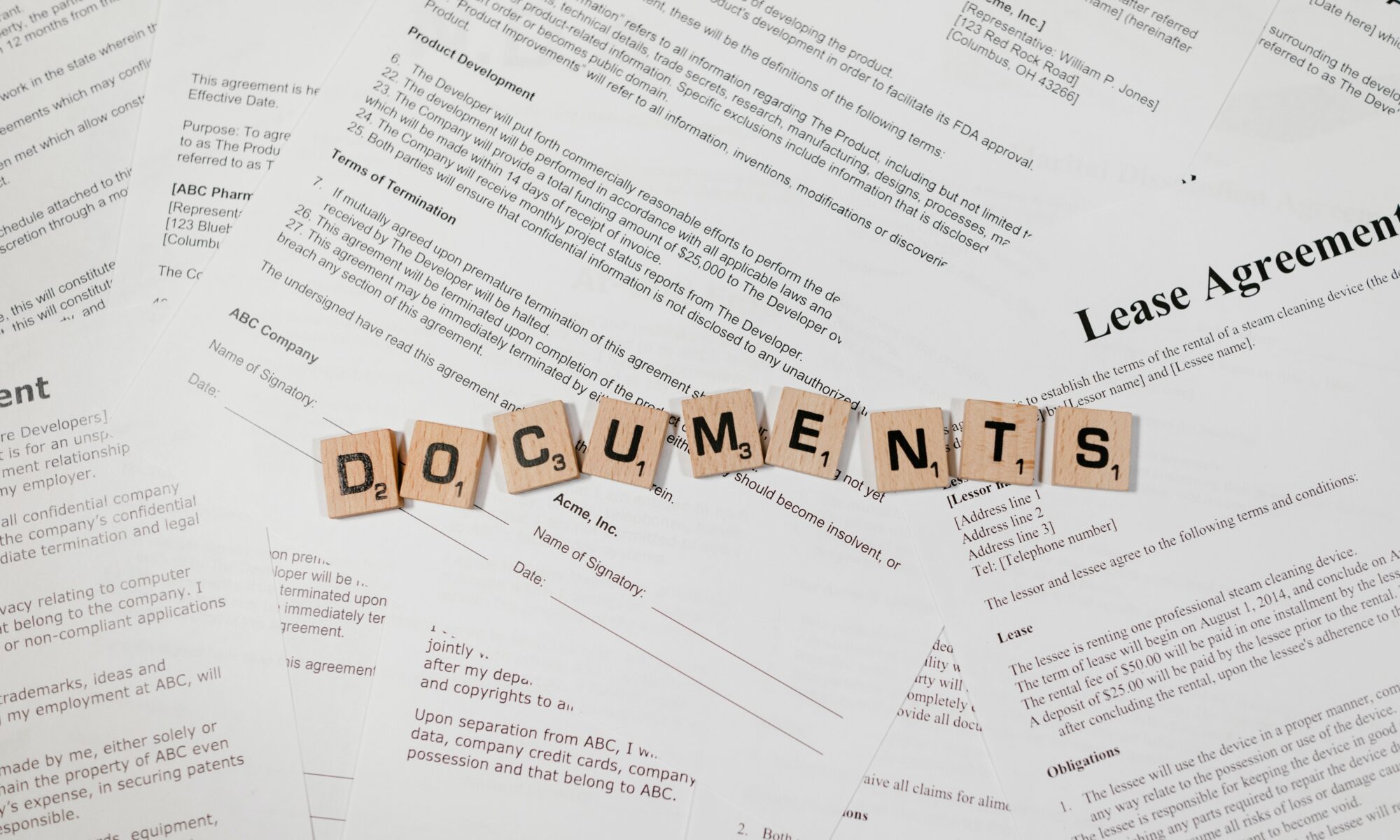The potential benefits of owning a rental property are probably clear to most people: the opportunity to gain a steady and reliable income is one that’s not matched by many other investment opportunities. What might not be so clear is the potential downsides — the costs that can arise that people who aren’t careful might not be ready for. Here are a few hidden costs property managers face — and what you can do to prepare for them.
Employees
It can take a large team to be a successful landlord, especially if you own many properties, if your properties are large, or both. You’ll likely need at least some of the following people or groups:
- A property management team
- Maintenance workers
- An attorney
- An accountant
Hiring all of those people will cost money, and there’s little you can do to avoid that cost. The best thing you can do is be prepared, and to make sure you’re hiring the right people so that everyone brings value to your organization.
Maintenance
It’s unlikely that you’ll be able to go that long without something in your property needing to be fixed, and fixing it almost always comes with a cost. It’s your responsibility to make sure that anything broken gets fixed, so this is another cost that likely can’t be avoided. That said, you can try to minimize the amount of emergency maintenance you’ll need to perform by staying diligent about inspections and preventive maintenance, so that you can identify and address issues before they become major maintenance problems. Stay on top of inspections and maintenance by assigning, tracking, and managing the maintenance tasks at your property through property management software.
Vacancy
Unfortunately, there will likely come a time when a unit will go without a resident for at least a month, leaving you without an income from that unit. This is never easy — after all, the plan is to receive a payment for each unit every month. You might not be able to avoid this happening forever, but you can minimize how often it occurs by making sure your residents are happy and that your properties are places people want to live. You might also consider setting aside some money to help keep things running smoothly in the event of unexpected vacancies.
Bad residents
You never want to see it, but everyone knows it happens occasionally — sometimes your residents don’t do their part for the property. They might stop paying, or they may cause damage to the property. When that happens, you may have legal recourse to recover some or all of the money, but doing so can be costly and time-consuming in itself. It’s best to try to avoid bad residents all together by always performing a thorough screening before signing a lease.
No matter your business goals, ManageGo has your back. To discover just how our software solutions can benefit you and your unique property management needs, request a demo today. Or, connect directly with one of our experts and get started on your journey to better property management.
Want even more? Get your fix and follow our socials for all the latest property management tips, tricks, & trends!









